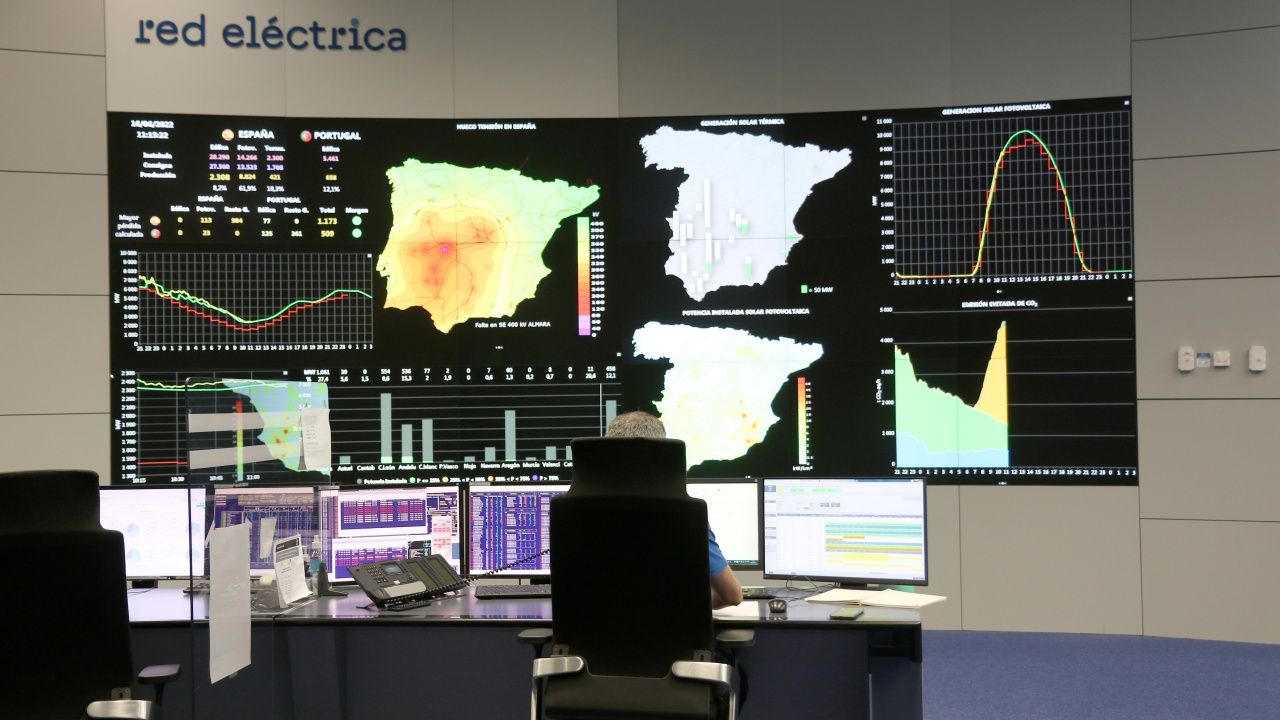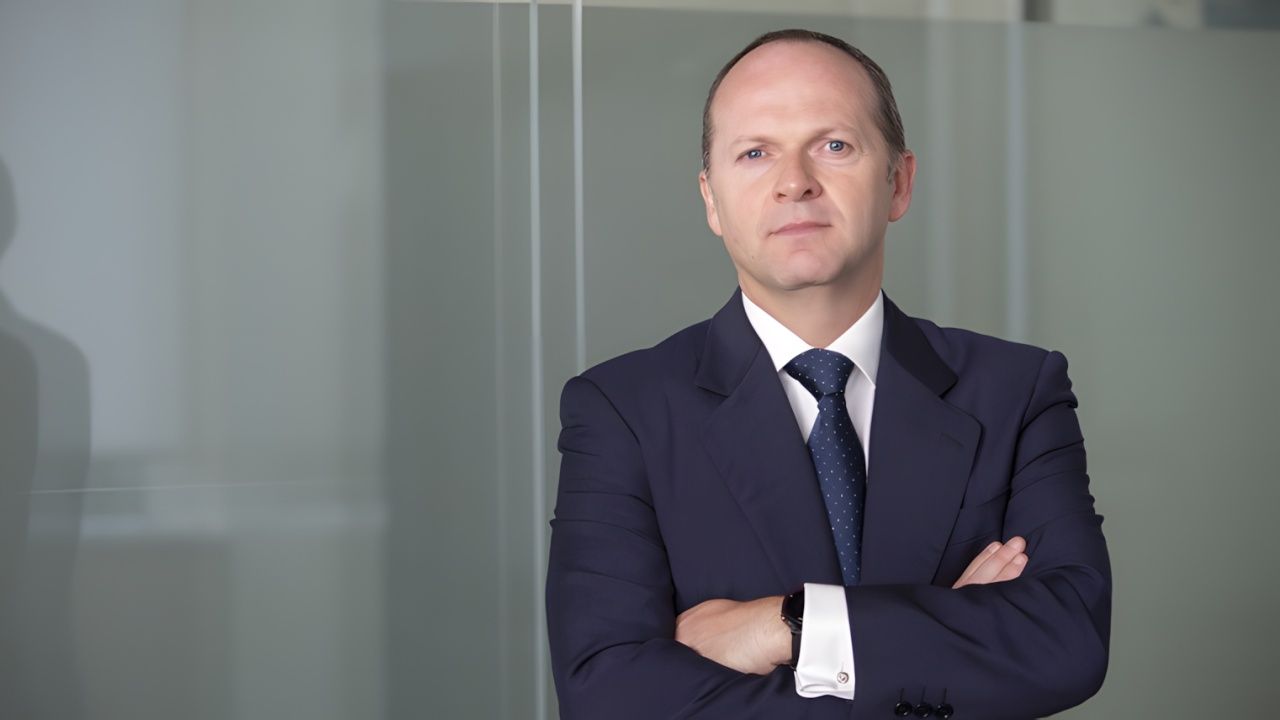"The risk is there", Redeia does not dare to rule out a new blackout
Roberto García Merino, CEO of Redeia, emphasizes that the power cut on April 28 was the first in four decades and hopes it will lead to improvements for the system, although there is still no official cause for it.

The CEO of Redeia, Roberto García Merino, has acknowledged that the risk of a new blackout like the one experienced on April 28 in Spain "is there", although he wanted to emphasize that it is an unprecedented episode in the history of the national electrical grid: "In 40 years of history" of its subsidiary Red Eléctrica, "this is the first time an electrical shutdown has occurred".
Following the statements made a few days ago by Beatriz Corredor (president of Redeia), García Merino made these statements at the second Economic and Social Forum of the Mediterranean, held in Málaga.
When directly asked if he could guarantee that a blackout would not happen again, his response was clear: the possibility exists, although the facts are already being analyzed in depth and new measures will be adopted to strengthen the system.
"Our obligation is to manage the energy mix decided at the national level"
Awaiting a report to clarify what happened
On this last point, García Merino reiterated that Redeia is the first interested party "in knowing in detail what happened on April 28 so that it does not happen again". For now, we are all waiting for the ongoing reports —including the one from the committee created by the Government— to shed light on "the causes in their entirety".
The power cut in April affected supply across the country and highlighted the vulnerabilities of the system at a time of profound energy transformation. The head of Redeia has pointed out that the process of analyzing the incident "will be accompanied by a series of system management measures", aimed at achieving "the safest possible management and ensuring supply".
Rather than avoiding the debate, García Merino wanted to frame the blackout as an opportunity to introduce structural improvements: "This incident will bring about improvement measures in management" that will allow "to continue advancing in the energy strategy that the country has", a strategy that, in his opinion, is already "generating a competitive advantage environment for the Spanish industry".
The renewable push and record investment
The CEO of Redeia took the opportunity to highlight the advances of the electrical system in terms of sustainability. According to him, so far in 2024, 57% of demand has been covered with renewable energy, and in May it reached "more than 61% safely".
In this context, he explained that Redeia's role is to "manage the generation mix that the market transfers and that is technically viable".
He also commented on the role of nuclear energy, stating that its function is not to decide the weight of this source in the mix, but to adapt to the country's decisions: "Our obligation is to manage the energy mix decided at the national level", he stated, thus avoiding any political positioning.

Regarding future planning and investment, García Merino highlighted that Redeia has multiplied its investment capacity by more than three. The company has gone from investing about 400 million euros annually —a "historic" figure— to about 1.5 billion, with the aim of "responding to the needs of the system".
An investment effort that ultimately seeks to reduce risks, ensure the stability of electrical supply, and accompany the country's energy transition. After all, although the blackout in April was exceptional, its lesson cannot be forgotten.
* This news is an AI translation of the original content. Motenic.com is part of Motor.es.

